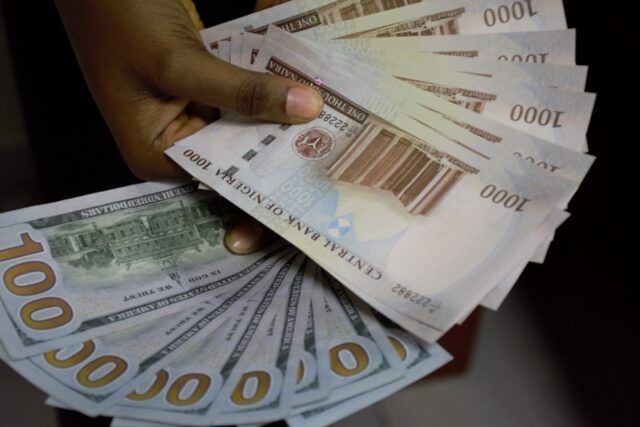A proposed plan under consideration by U.S. legislators would impose a 5% tax on remittances sent overseas, including money Nigerians in the diaspora send to their families in Nigeria. If enacted, this would endanger Nigeria’s foreign exchange inflow, which depends significantly on remittances.
The proposal is part of efforts by the U.S. Congress to raise extra revenue from unconventional taxes. The plan would focus on cross-border remittances and would reach millions of immigrants, especially those from countries like Nigeria, India, Mexico, and the Philippines.
For Nigeria, the move could be catastrophic. Remittances by Nigerians are one of the country’s biggest windows of foreign exchange, after petroleum products. The country has received over $20 billion in remittances from diaspora in 2023 alone. That pays families, funds education, clears medical bills, and improves local businesses.
Flashback:
In 2020, the same concept in the U.S. was introduced under the Trump administration. It suggested taxing remittances to fund border security. Though the suggestion didn’t take flight at the time, it sent shivers down the spines of immigrant communities. Now, with inflation on the rise in the U.S. and government spending under pressure, the concept has returned—this time with added backing.
The new bill is yet to be debated, but if enacted into law, U.S. banks and money transfer service providers will be required to withhold the 5% tax before transferring money abroad. So, for example, an individual sending $100 to Nigeria would lose $5 as tax, and the balance would be paid to the recipient.
This would discourage legitimate money transfers and push people towards illegal channels like black market operators or cryptocurrency, which are harder to trace. It would further worsen Nigeria’s forex crisis because fewer dollars would be channeled into the country’s financial system.
Nigeria is already battling low oil revenues, high inflation, and a weak naira. Any reduction in dollar inflows from remittances would damage the economy further, reduce reserves, and put further pressure on the exchange rate.
The Nigerian government is called upon by financial experts to sit down with U.S. officials and request an exemption for African countries. They argue that the proposed tax unfairly targets poor families and affects developing economies.
In conclusion, if the U.S. goes ahead to impose the remittance tax, it will be catastrophic on Nigerian families and might deal a fatal blow to the nation’s already fragile economy.





























